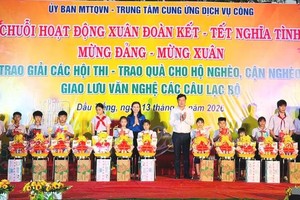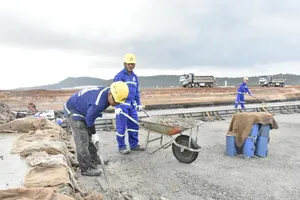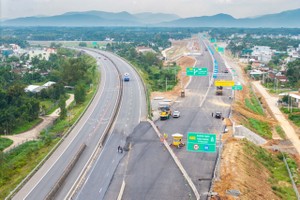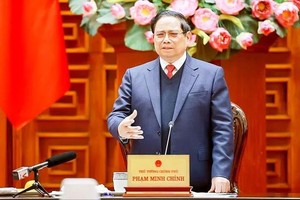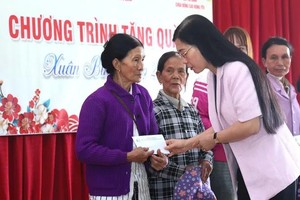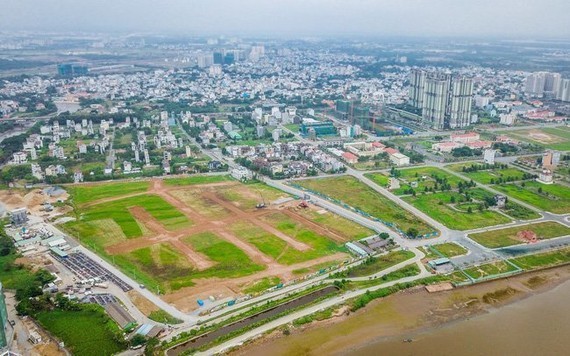
Accordingly, the Government asks that related ministries and state agencies to develop their own action plans to complete the land law system synchronously in order to improve the efficiency of land use and management. State revenues from land resources must be regulated for more logical distribution among regions in the country to create equal development.
The benefits of stakeholders must be balanced during the time to convert land in accordance with the updated planning. Particularly, the life of people having their land retrieved must be guaranteed via higher living standards, more social welfare for people not at or out of the working age as well as the vulnerable ones.
The National Assembly’s Resolution clearly states that favorable conditions must be created for those wishing to convert their land use purpose to carry out investment projects according to the planning. It is possible to flexibly transform the structure of crops and livestock within a maximum surface area of 300,000ha of rice crop land without changing the quality or land use condition of this area, so that when necessary, the land can be reversed to rice cultivation.
The conversion of rice crop land, especially wet rice cultivation, into non-agricultural or industrial land must be limited and strictly controlled.
Regulations on land retrieval and clearance for socio-economic infrastructure growth must be completed. Sufficient land resource must be created around these important facilities. Rural and urban residential areas must be adjusted for auctions of land use right to increase revenues from land resource.
Regulations on transferring land use right must also be finished to ensure transparency and to avoid tax income loss.
It is necessary to devise criteria, limits, and regulations on investment proportions per area unit to ensure effective management and economical use of land resource.
The Government also requests that related ministries and state agencies focus on accelerating the digital transformation process so that by 2025, the national land database will have been completed, consistent, and successfully integrated. The land management data must be updated to the level of each land parcel, and then publicized to the community and businesses.
In order to cope with climate change and restore degraded land, the Government demands a more rational exploitation of unused land, alluvial land along rivers and seas for afforestation; green space must be expanded in urban areas and industrial parks; natural or special-use, protection forests must be strictly managed.
Urban areas, industrial parks, and export processing zones are encouraged to develop under the circular model to reduce greenhouse gas release and to maintain enough land resource for inter-provincial waste treatment and recycling plants.
When selecting land use projects in environmentally sensitive areas, it is essential to consider those using advanced technologies that limit emissions and prevent land degradation, land pollution.
The Government also asks that ministries and state agencies strengthen their discipline when devising land use plans and land planning. There must be close monitoring and strict handling of land waste, tardiness in using the allocated or leased land lots.
All activities of polluting or destroying land, evading tax in land use right transfer, corruption and negativities in land management must be severely punished.





